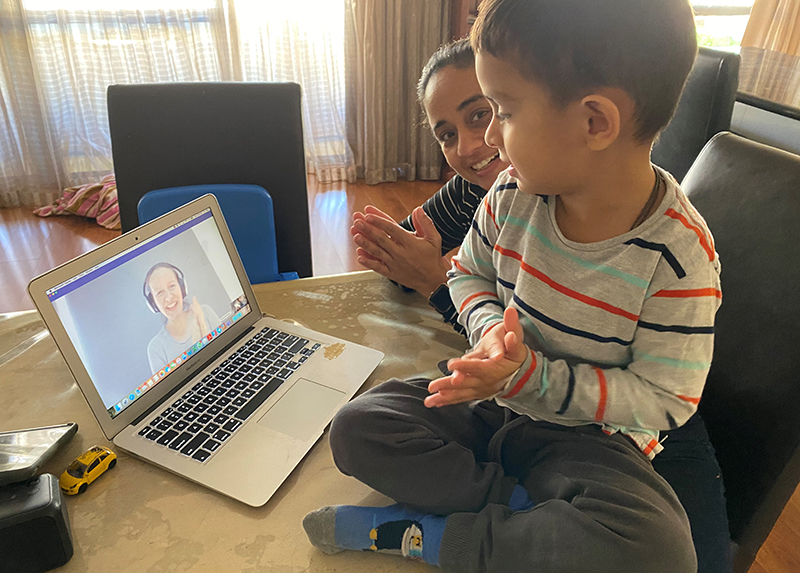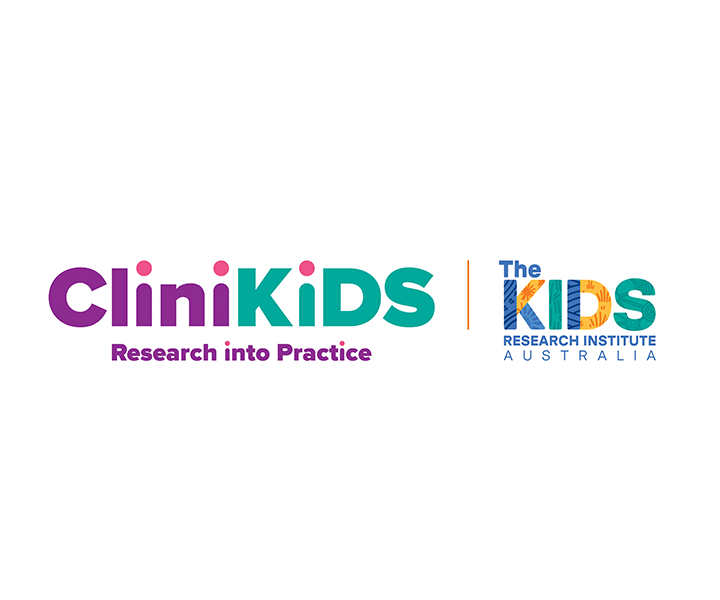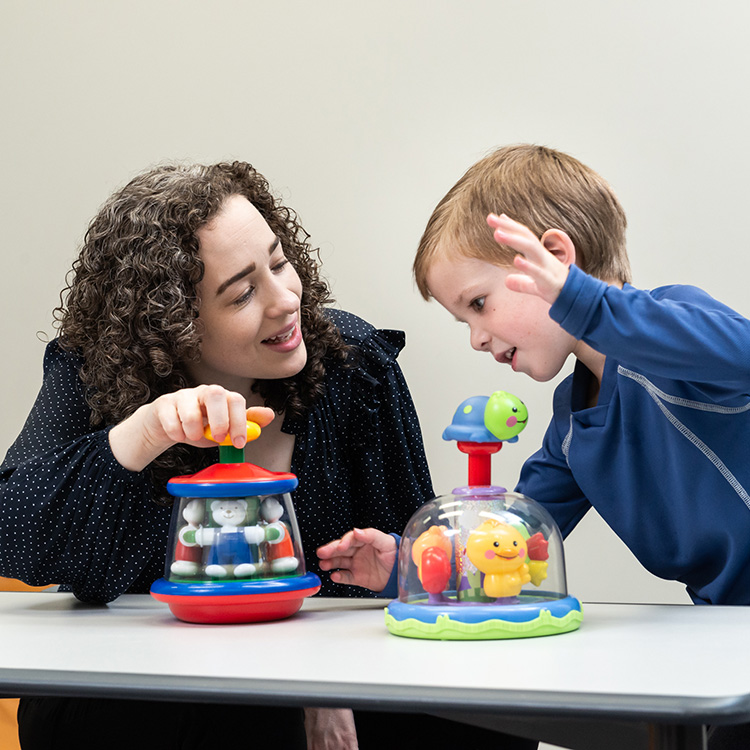Search

News & Events
WA duo recognised as world’s most frequent autism research collaborators of the decadeDirector of CliniKids, Professor Andrew Whitehouse, and Professor Murray Maybery, have been identified as the world’s most frequent autism research collaborators of the decade.

News & Events
CliniKids clinicians rise to the COVID-19 challengeThe CliniKids team has reimagined how allied health services for children with autism spectrum disorder or developmental delays are delivered.

News & Events
World-first video trial to help babies at risk of autism thriveVideo technology is helping researchers learn more about the early communication style of infants with a family history of autism, ADHD or intellectual disability.
Research
Mode of delivery and behavioral and neuropsychological outcomes in children at 10 years of agePrevious studies have reported that mode of delivery, particularly cesarean delivery is associated with neurodevelopmental outcomes in children. This study evaluates behavioral and neuropsychological test scores in children based on mode of delivery.
Research
Autism-related dietary preferences mediate autism-gut microbiome associationsThere is increasing interest in the potential contribution of the gut microbiome to autism spectrum disorder (ASD). However, previous studies have been underpowered and have not been designed to address potential confounding factors in a comprehensive way.

CliniKids is the first clinical service of The Kids Research Institute Australia, providing autism therapies and supports for young children.

CliniKids is a not-for-profit centre integrating world-class research with a clinical service for children with developmental delay and/or autism, and their families. It is the first of its kind for autism in Australia.
Our team of world-class researchers and exceptional clinicians work in collaboration to provide children access to the very best evidence-based therapies and programs.


